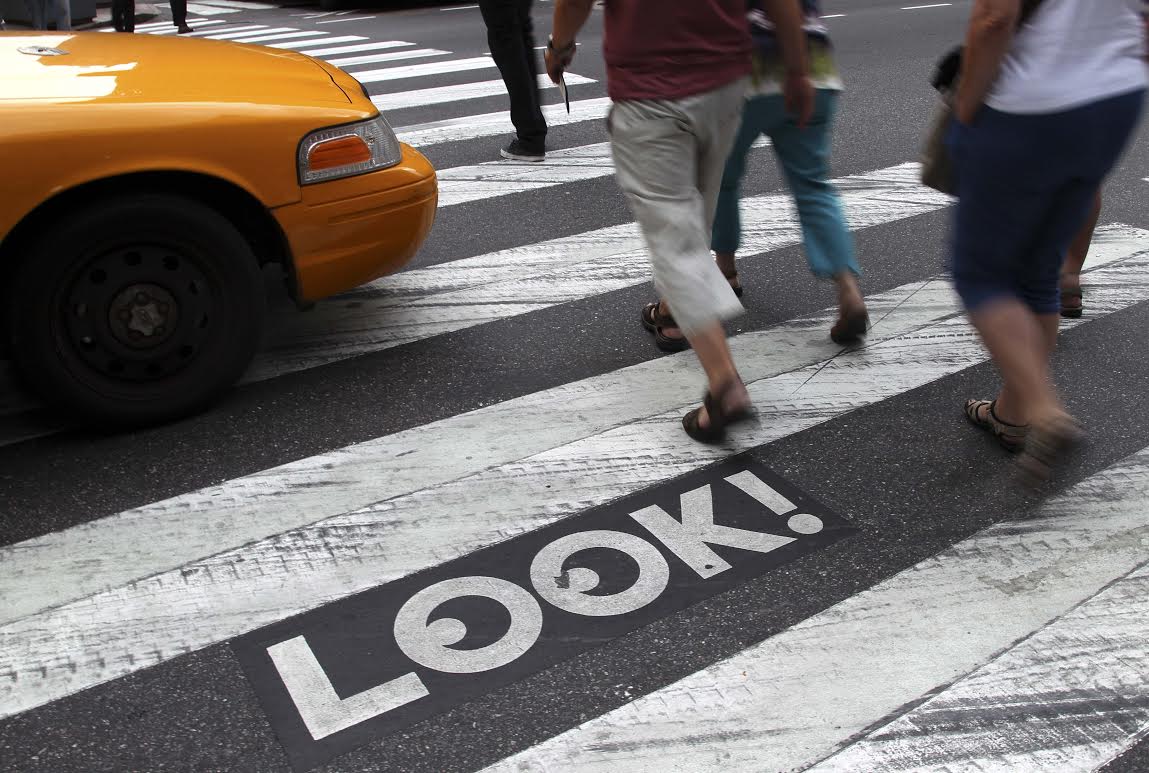
It’s a short read, and I found it worthwhile. Always funny to see that we’re the same throughout generations… In some ways, the societal reaction to them was very similar to that toward mobile phones: they were making people anti-social, they were ruining all kinds of things, they were dangerous, etc. The author has quite the nostalgia for personal stereos, but tries to look at them critically and pick apart the nostalgia to see what they really were. I was that kid blocking out all the other kids, as a teenager, though by then it was definitely CDs/minidisk/iPod: I was the one in my own little world, and I needed it amidst all the bullying at my school - an aspect of why people might have chosen personal stereos that doesn’t quite get covered here, though the concerns about people going off into their own little world, as well as the pleasures thereof, are covered. He lives in Ontario, Canada.I love the idea of this series, but I chose this one somewhat at random - and it was a winner for me! I’m just old enough to have used a Walkman for a while before I started using things like CDs and a minidisk player, before moving onto an iPod. Stephen Lee Naish is a writer and author of several books on the subjects of film and popular culture. She was previously a contributing writer for the Boston Globe's Ideas section, a columnist for the urban affairs website Next City, and a Journalism and Media Fellow at the UCLA Institute of the Environment and Sustainability. Her writing has appeared in Slate, The Nation, The New York Times Book Review, the Los Angeles Review of Books, and Dissent, where she is a contributing editor.

Rebecca Tuhus-Dubrow is a writer-in-residence at the University of California, Irvine. All this is channeled through a personal nostalgic affection for the device.


Rebecca Tuhus-Dubrow's book, Personal Stereo ( Bloomsbury Academic, 2017), which is part of the Object Lessons series, offers a compelling and expertly researched study of the Sony Walkman, taking into account the device's controversial origin story, the seismic cultural impact on society in the 1980s, the worries of diminishing social interactions, and the philosophical implications of listening to music within one's own private bubble.


 0 kommentar(er)
0 kommentar(er)
